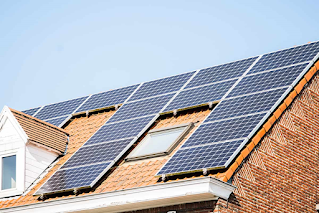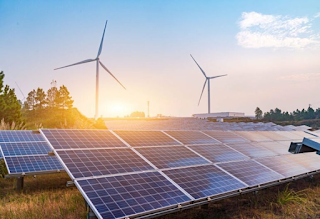How Solar Panels Are Enhancing Energy Independence for Homeowners

In recent years, the shift towards renewable energy has gained momentum, with homeowners increasingly recognizing the value of solar panels. This trend is particularly evident in the UAE, where the abundant sunlight offers a perfect opportunity to harness solar energy. By installing solar panels, homeowners are not only reducing their carbon footprint but also enhancing their energy independence. In this blog, we will explore how solar panels are revolutionizing energy consumption for homeowners, focusing on the benefits of solar panel in UAE . The Rise of Solar Power in the UAE The UAE is known for its vast oil reserves, but the country is also making significant strides in renewable energy. Solar power, in particular, has become a key focus, with the government launching numerous initiatives to encourage its adoption. The availability of incentives, along with the country’s high solar insolation levels, makes it an ideal location for homeowners to invest in solar panels. This shi...










